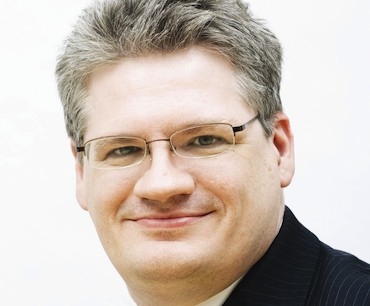The sponsor of the Institute of Financial Planning said 39 per cent of respondents aged 18-34 years old would like to receive financial advice on the phone or online.
This compares to 23 per cent of 35-54 years and 15 per cent of those aged 55+.
However, they would not expect to pay the same for the services as they would pay for seeing an adviser face-to-face.
Almost half of respondents said they would expect online or telephone advice to be at least half as much as face-to-face advice.
Some 25 per cent of all respondents said they would be willing to receive advice online or over the phone if it meant lower charges.
Russell Warwick, Prudential's distribution change director, said: "Giving advice over the phone or online is a logical progression for advisers and reflects the need to meet changing customer demand.
"We don't believe that an 'all or nothing' approach is set to emerge but we do expect firms to start integrating non face-to-face aspects of client servicing into their models over time, as clients become comfortable about receiving advice remotely."
Mr Warwick said, while clients may expect to pay less for the service, giving advice remotely would free up advisers' time and make them more efficient.
"Providing these services can be run in a way that is cheaper than the face-to-face approach, it should free up advisers' time, making their businesses more efficient and enabling them to focus on securing new clients.
"Conducting annual reviews by phone, for example, would cut travel time, which when added up for all clients, could amount to hundreds of hours over the course of the year."
• Want to receive a free weekly summary of the best news stories from our website? Just go to home page and submit your name and email address. If you are already logged in you will need to log out to see the e-newsletter sign up. You can then log in again.

